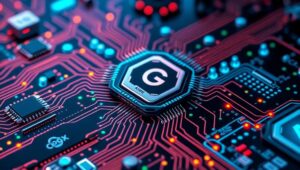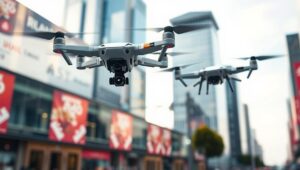May 23, 2025
The AI-Driven Retail Experience of 2027
The AI-Driven Retail Experience of 2027 By 2027, artificial intelligence (AI) will have revolutionized the retail landscape, creating personalized, efficient, and immersive experiences for consumers. This article explores the key ways AI will shape the future of retail. Personalized Shopping Journeys AI algorithms will analyze vast datasets of customer behavior, preferences, and purchase history to create hyper-personalized shopping experiences. Here’s how: AI-Powered Recommendations: Product recommendations will move beyond basic collaborative filtering to understand nuanced customer needs and predict future purchases accurately. Dynamic Pricing: Prices will adjust in real-time based on demand, competitor pricing, and individual customer willingness to pay, optimizing












